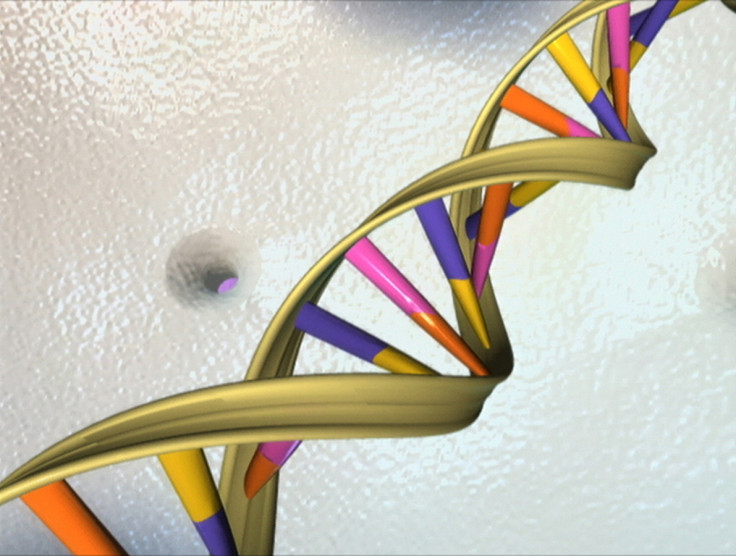'Precision medicine' to get a boost from a million volunteer program in US

The US is planning a massive exercise to collect and analyse genetic information from a million American volunteers who will form a pool used to develop "precision medicine".
The accumulation of genetic and clinical data from millions is expected to help scientists figure out genetic features that predispose people to a certain diseases and why.
The initial focus will be on cancer, where precision medicine has already made its mark.
Patients have benefited with research discovering the genes driving their tumour's growth and prescribing drugs aimed at those precise genes.
Ivacaftor is an example of a precise drug that effectively treats the underlying cause – not the symptoms – of cystic fibrosis, but works in only four percent of patients who have a specific mutation in the gene causing the disease.
As cancer is a disease of genetic mutations leading to unregulated cell division, defining the precise mutations has helped develop treatments for both blood and solid tissue cancers.
The hope is that every disease has molecular underpinnings which when understood will lead to new treatments or even cures.
A disease progresses over a quarter century in some and kills others within five years. Understanding genetic variations within diseases and developing treatments is the aim of precision medicine.
The initiative announced by US President Barack Obama promises privacy of the DNA information held by the government.
"Precision medicine gives us one of the greatest opportunities for new medical breakthroughs we've ever seen," Obama said, promising that it would "lay a foundation for a new era of life-saving discoveries."
Besides the thousands participating in ongoing genetic studies, more volunteers are expected to join in the effort to learn how genetic variants affect health and disease.
The president proposed $215 million in his 2016 budget for the initiative, reports Reuters.
Whole-genome sequencing costs about $1,000 per genome.
Already various programs and companies have enlisted people in their efforts to sequence their genomes.
The Million Veteran Program, launched in 2011 by the Department of Veterans Affairs. Aimed has enrolled more than 300,000 veterans and determined DNA sequences of about 200,000.
Academic centers have also amassed thousands of genomes and studied their links to diseases and risks to other diseases.
The non-profit Human Longevity Inc, headed by Craig Venter launched in 2013 a project to sequence 1 million genomes by 2020.
© Copyright IBTimes 2025. All rights reserved.



















